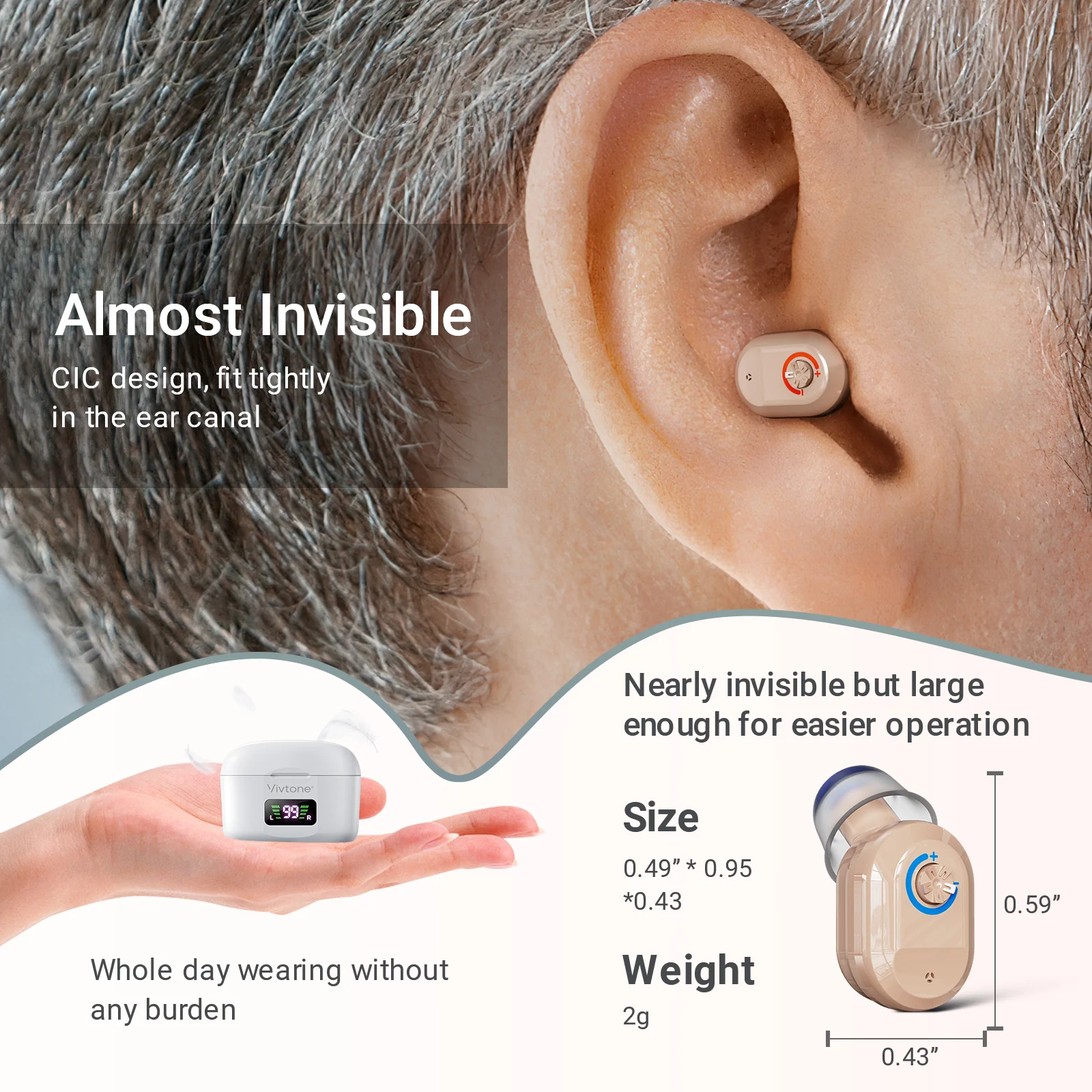When it comes to addressing hearing loss, many individuals turn to over-the-counter (OTC) hearing aids as a convenient and cost-effective solution. However, before making a decision, it is crucial to understand the pros and cons of OTC hearing aids to make an informed choice. In this article, we will delve into the key aspects of OTC hearing aids and provide you with the necessary knowledge to navigate this market.

The Pros of OTC Hearing Aids
1. Accessibility: One of the primary advantages of OTC hearing aids is their accessibility. Unlike traditional hearing aids, which require a prescription and professional fitting, OTC devices can be purchased directly from stores or online platforms without the need for a medical professional's involvement. This accessibility allows individuals to address their hearing loss more quickly and conveniently.
2. Affordability: OTC hearing aids are often more affordable compared to their prescription counterparts. This cost-effectiveness makes them a viable option for individuals who may not have access to insurance coverage or have limited financial resources. By offering a more affordable alternative, OTC hearing aids enable a broader range of people to improve their hearing.
3. Self-Management: OTC hearing aids empower individuals to take control of their hearing health. With these devices, users can adjust settings and customize their hearing experience according to their specific needs and preferences. This self-management aspect allows for greater flexibility and personalization, enhancing the overall user experience.
The Cons of OTC Hearing Aids
1. Limited Complexity: While OTC hearing aids offer convenience and affordability, they may not be suitable for individuals with complex hearing loss. These devices are designed to address mild to moderate hearing loss, and individuals with severe or profound hearing loss may require more advanced and specialized solutions. It is essential to consult with a hearing healthcare professional to determine the most appropriate option for your specific needs.
2. Lack of Professional Guidance: Unlike prescription hearing aids, OTC devices do not involve professional guidance or fitting. This absence of professional expertise can lead to suboptimal outcomes, as the devices may not be properly calibrated or adjusted to the individual's unique hearing profile. It is crucial to have a comprehensive understanding of your hearing needs and limitations before opting for an OTC hearing aid.
3. Potential Safety Concerns: Without professional supervision, there is a risk of misusing or improperly using OTC hearing aids, which can lead to safety concerns. It is essential to follow the manufacturer's instructions carefully and seek professional guidance if any issues or discomfort arise. Regular check-ups with a hearing healthcare professional are also crucial to monitor your hearing health and ensure the effectiveness of the OTC device.
Conclusion
OTC hearing aids offer accessibility, affordability, and self-management capabilities, making them an attractive option for individuals with mild to moderate hearing loss. However, it is essential to consider the limitations of OTC devices, such as their suitability for complex hearing loss and the lack of professional guidance. By understanding the pros and cons of OTC hearing aids, you can make an informed decision that aligns with your hearing needs and preferences.
Additional Resources
For more information on the pros and cons of OTC hearing aids, please visit the following credible sources:







